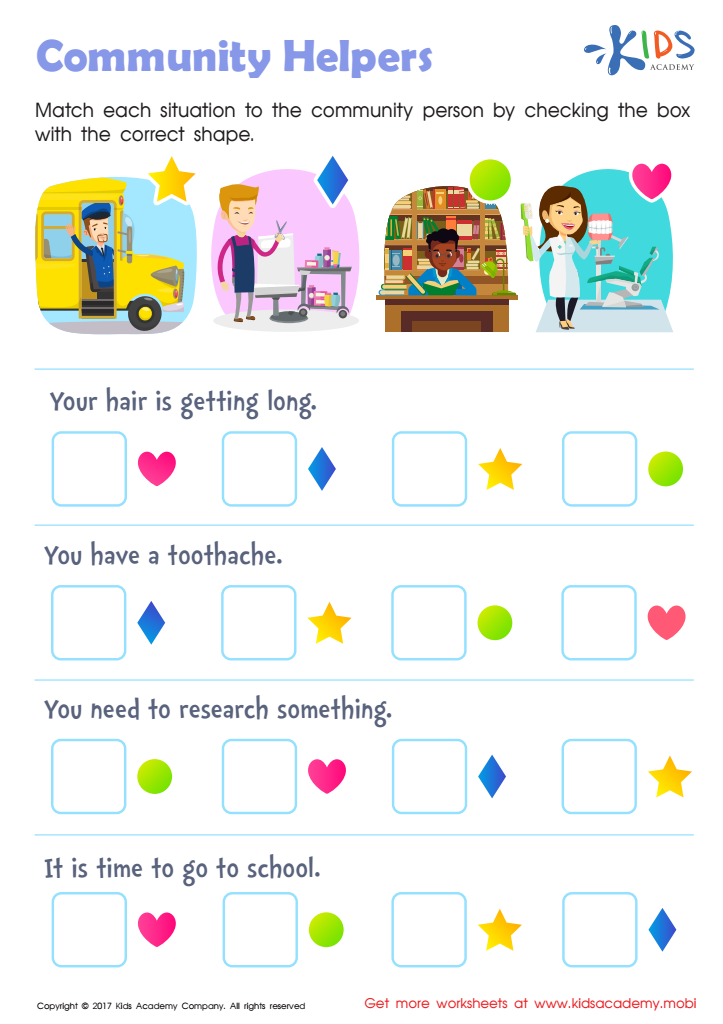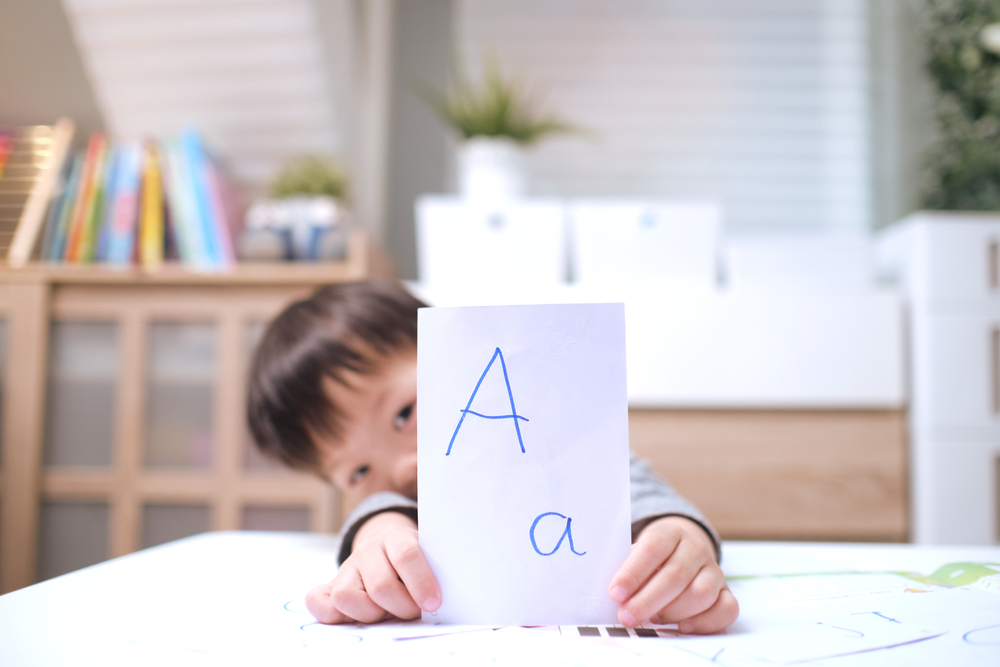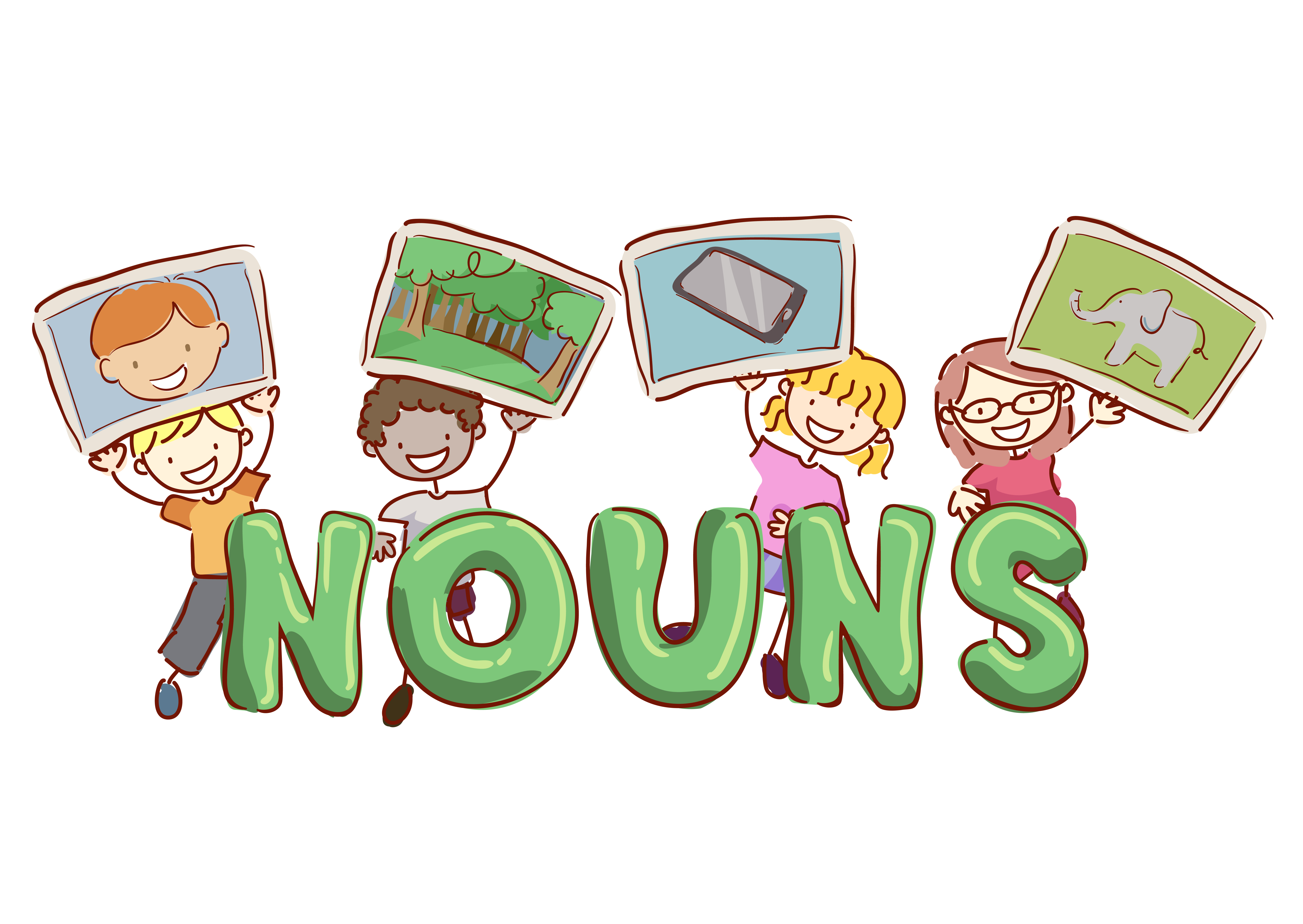Associative learning Worksheets for 7-Year-Olds
3 filtered results
-
From - To
Discover our engaging associative learning worksheets designed specifically for 7-year-olds! These fun and interactive resources help children make connections between concepts, enhancing their critical thinking and comprehension skills. Featuring visually appealing graphics and age-appropriate activities, the worksheets encourage kids to identify similarities and differences, categorize items, and recognize relationships between ideas. Perfect for classroom or home use, our printable worksheets support diverse learning styles and keep students motivated. Start your child’s journey into meaningful learning today and watch them thrive as they develop core skills that lay the foundation for future success. Download your worksheets now and spark their curiosity!
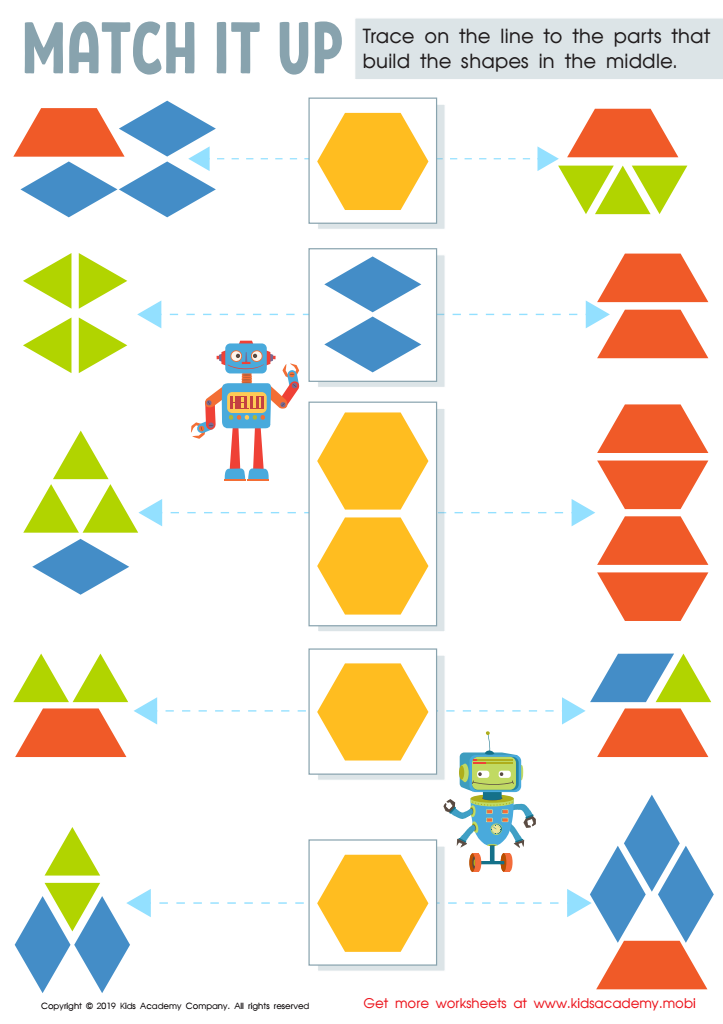

Match It up Worksheet
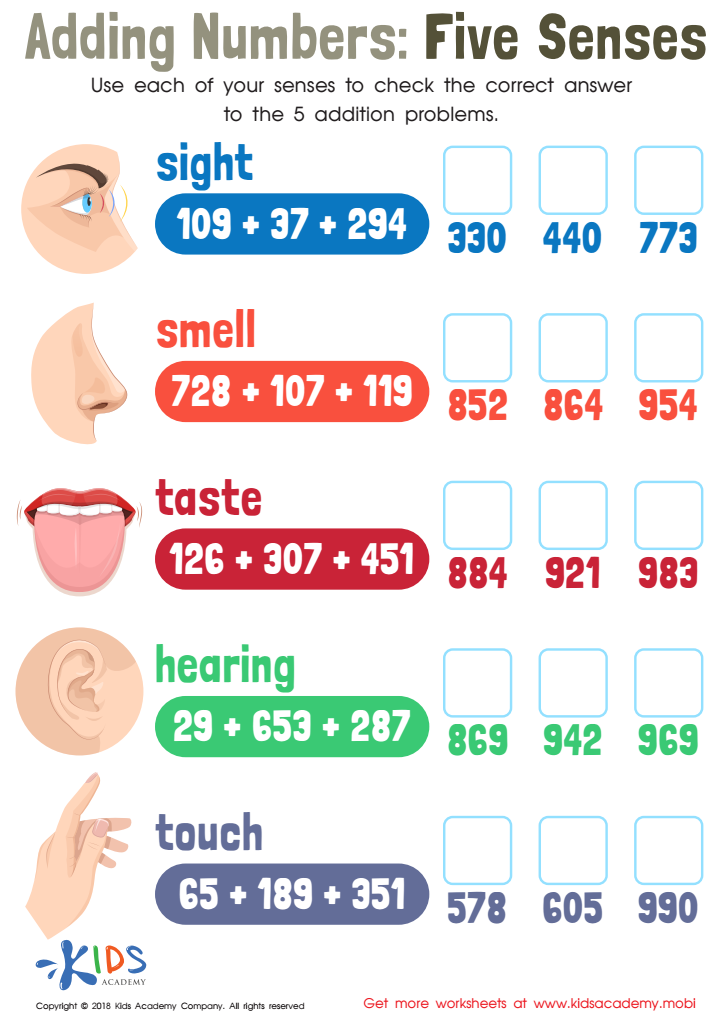

Adding Numbers: Five Senses Worksheet
Associative learning is a crucial aspect of cognitive development for 7-year-olds, and parents and teachers should be keenly aware of its importance. At this age, children are transitioning from early learning to a more structured understanding of the world around them. Associative learning allows them to make connections between concepts, experiences, and knowledge. For instance, when they link a word with an image or relate a story character to their own experiences, they deepen their understanding and retention of new information.
For parents and teachers, fostering associative learning can enhance critical thinking skills and creativity. By encouraging children to draw connections between subjects, such as linking math with everyday activities or finding relationships in nature, they promote a holistic understanding of the world. This approach also helps children develop problem-solving skills by showing them how to utilize past experiences to tackle new challenges.
Moreover, creating an environment where associative learning thrives nurtures curiosity, boosting motivation and engagement in the learning process. By recognizing its significance, caregivers can implement strategies that stimulate discussions, encourage imaginative play, and connect educational material to real-life scenarios, enhancing the overall learning experience for 7-year-olds.
 Assign to My Students
Assign to My Students

